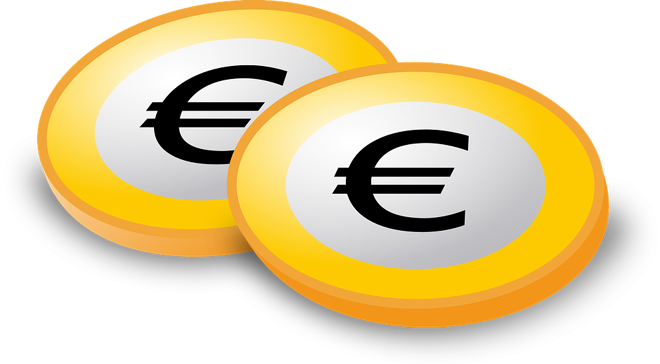Advertisement
Advertisement
Major Decisions Taken at Economic and Financial Affairs Council Meeting
By:
The European Union’s Economic and Financial Affairs Council (ECOFIN), has made a number of significant decisions in their latest meeting in Brussels. A
The European Union’s Economic and Financial Affairs Council (ECOFIN), has made a number of significant decisions in their latest meeting in Brussels.
A directive on cross border at rulings was agreed, which is designed to improve transparency on tax rulings from member states, and how that the tax system will be dealt with.
The council also discussed corporate tax avoidance measures, and further adopted conclusions of a code of conduct on business taxation, and the implementation of OECD work on tax base erosion and profit sharing (BEPS).
Progress was also reviewed on international anti BEPS aspects of a proposal, for an EU common consolidated corporate tax base.
Progress Made on Capital Markets Union
A agreement was also reached at a committee level on the development of securitisation market in Europe, part of the broader plans for a capital markets union.
Proposals for unlocking sources of finance, particularly for SMEs and start up companies, will be negotiated with the European Parliament.
Pierre Gramegna, minister for finance of Luxembourg and president of the Council, said: “The securitisation market has stalled, and if we are to revitalise it we must proceed quickly. We consider this dossier to be of crucial importance to the European economy.”
Council makes Tax Agreements on Liechtenstein, San Marino and Switzerland
Finance ministers also made a pact with Liechtenstein and Switzerland on taxation, and a deal was signed with San Marino directly after the council meeting.
All of the agreements are in place to clamp down on tax evasion, requiring an automatic exchange of information on private savers.
The aim is to enable tax authorities to enhance their access to cross border information, over savers’ accounts.
Germany Trade Figures Down in October
Official figures have revealed that Germany’s exports and imports increased in volume by 3.3% and 3% respectively.
Although compared to September, exports decreased by 1.2%, and imports plunged down even further by 3.4%.
The foreign trade balance reported a surplus of EUR22.5 billion, a year on year increase by EUR 1 billion.
Provisional results released by the Bundesbank, revealed that the current account of the balance of payments showed a EUR 23 billion surplus for October, this is a rise of EUR 1.4 billion from a year ago.
The figures are calculated from supplementary trade items, services, and primary and secondary incomes.
In a further breakdown of the trade figures, Germany dispatched EUR 62.7 billion worth of goods to the rest of the European Union, receiving EUR 55.3 billion in return.
Compared to a year ago, exports to European Union countries rose by 6.4%, and imports by 3.3%.
Within the euro area, goods exported reached EUR 39.3 billion, an increase of 5.8%, while there was a 2.4% rise, totalling EUR37 .4 billion.
For countries that do not belong in the euro area, the amount of goods that flowed from Germany was EUr23.5 billion, a significant hike of 7.4% from October 2014.
Imports for Germany from these countries also increased by 5.3%, reaching EUR 17.9 billion.
About the Author
Peter Tabernerauthor
Advertisement
